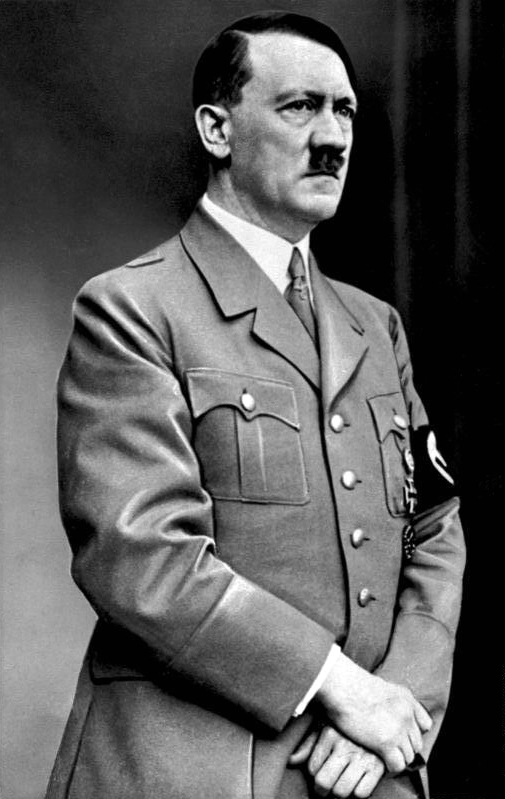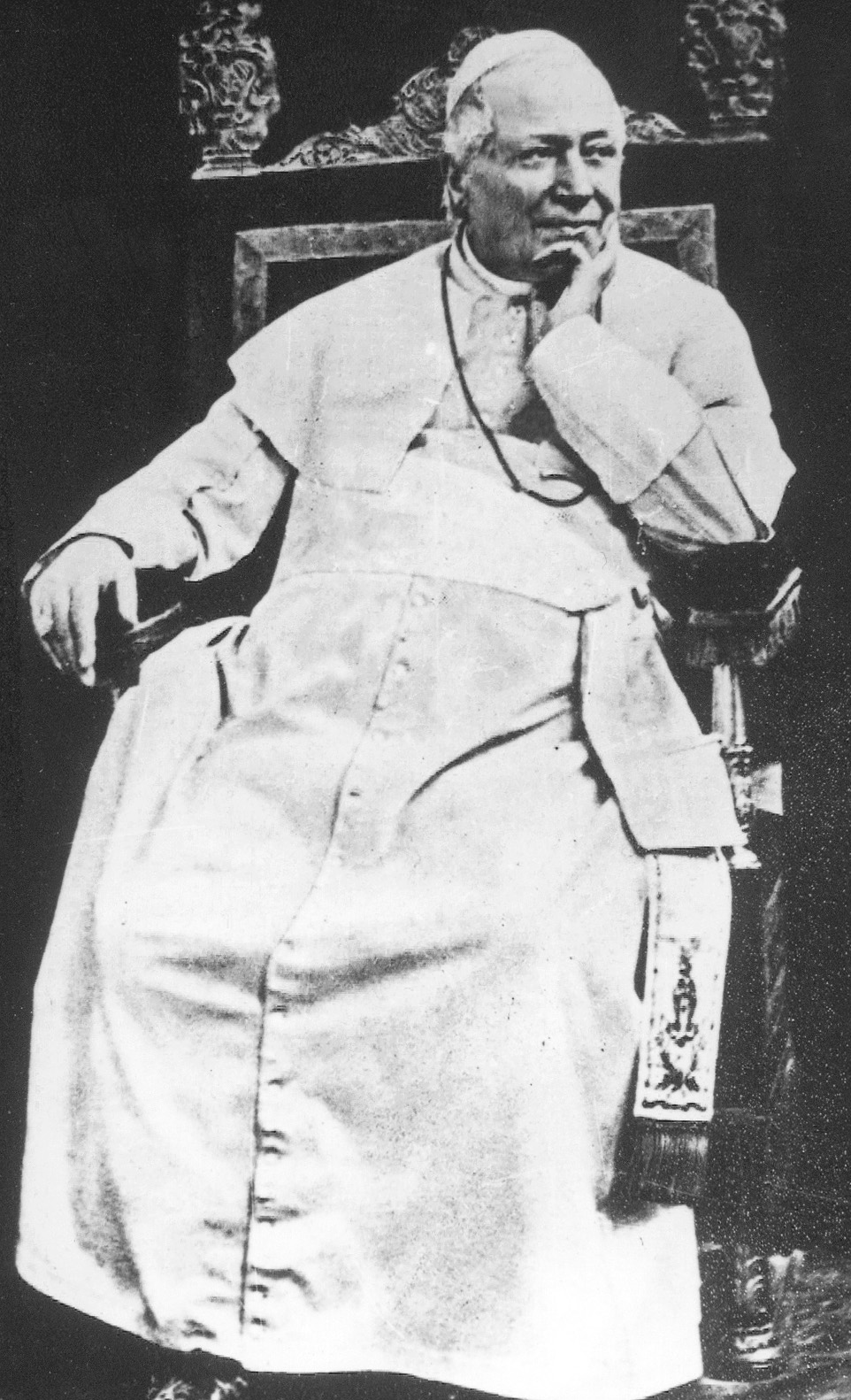|
Bund Deutscher Osten
The Bund Deutscher Osten (BDO; English: "Federation of the German East") was an anti-Polish German Nazi organisation founded on 26 May 1933. The organisation was supported by the Nazi Party. The BDO was a national socialist version of the German Eastern Marches Society, which was closed down by the Nazis in 1934. It promulgated the idea of the "German East", an irredentist concept that attempted to deny the very existence of Poland and the Polish people's right to live there. The ''Reichsleiter'' of the Bund Deutscher Osten between 1933 and 1937 was Theodor Oberländer. In May 1933, when Passau founded its own association, school superintendent Wilhelm Leidl became its leader.Anna Rosmus: Hitlers Nibelungen, Samples Grafenau 2015, pp. 77f See also *Kulturkampf *Kirchenkampf *Germanisation *Ostflucht *Anti-Polish sentiment Polonophobia, also referred to as anti-Polonism, ( pl, Antypolonizm), and anti-Polish sentiment are terms for negative attitudes, prejudices, and actions ... [...More Info...] [...Related Items...] OR: [Wikipedia] [Google] [Baidu] |
Nazi Party
The Nazi Party, officially the National Socialist German Workers' Party (german: Nationalsozialistische Deutsche Arbeiterpartei or NSDAP), was a far-right politics, far-right political party in Germany active between 1920 and 1945 that created and supported the ideology of Nazism. Its precursor, the German Workers' Party (; DAP), existed from 1919 to 1920. The Nazi Party emerged from the Extremism, extremist German nationalism, German nationalist, racism, racist and populism, populist paramilitary culture, which fought against the communism, communist uprisings in post–World War I Germany. The party was created to draw workers away from communism and into nationalism. Initially, Nazi political strategy focused on anti–big business, anti-bourgeoisie, bourgeois, and anti-capitalism, anti-capitalist rhetoric. This was later downplayed to gain the support of business leaders, and in the 1930s, the party's main focus shifted to Antisemitism, antisemitic and Criticism of ... [...More Info...] [...Related Items...] OR: [Wikipedia] [Google] [Baidu] |
Germanisation
Germanisation, or Germanization, is the spread of the German language, German people, people and German culture, culture. It was a central idea of German conservative thought in the 19th and the 20th centuries, when conservatism and ethnic nationalism went hand in hand. In linguistics, Germanisation of non-German languages also occurs when they adopt many German words. Under the policies of states such as the State of the Teutonic Order, Teutonic Order, Federal State of Austria, Austria, the German Empire and Nazi Germany, non-Germans were often prohibited from using their native language, and had their traditions and culture suppressed in the goal of gradually eliminating foreign cultures, a form of ethnic cleansing. In addition, colonists and settlers were used to upset the population balance. During the Nazi Germany, Nazi era, Germanisation turned into a policy of genocide against some non-German ethnic groups. Forms Historically there are different forms and degrees of the ex ... [...More Info...] [...Related Items...] OR: [Wikipedia] [Google] [Baidu] |
German Irredentism
Pan-Germanism (german: Pangermanismus or '), also occasionally known as Pan-Germanicism, is a pan-nationalism, pan-nationalist political ideology, political idea. Pan-Germanists originally sought to unify all the German-speaking Europe, German-speaking people – and possibly also Germanic languages, Germanic-speaking peoples – in a single nation-state known as the Greater Germanic Reich (german: Großgermanisches Reich), fully styled the Greater Germanic Reich of the German Nation (german: Großgermanisches Reich der Deutschen Nation). Pan-Germanism was highly influential in German politics in the 19th century during the unification of Germany when the German Empire was proclaimed as a nation-state in 1871 but without Austria (Kleindeutsche Lösung/Lesser Germany), and the first half of the 20th century in the Austro-Hungarian Empire and the German Empire. From the late 19th century, many Pan-Germanist thinkers, since 1891 organized in the Pan-German League, had adopted ... [...More Info...] [...Related Items...] OR: [Wikipedia] [Google] [Baidu] |
Anti-Polish Sentiment In Europe
Polonophobia, also referred to as anti-Polonism, ( pl, Antypolonizm), and anti-Polish sentiment are terms for negative attitudes, prejudices, and actions against Poles as an ethnic group, Poland as their country, and their culture. These include ethnic prejudice against Poles and persons of Polish descent, other forms of discrimination, and mistreatment of Poles and the Polish diaspora. This prejudice led to mass killings and genocide or it was used to justify atrocities both before and during World War II, most notably by the German Nazis and Ukrainian nationalists. While Soviet repressions and massacres of Polish citizens were ideologically motivated, the negative attitude of Soviet authorities to the Polish nation is well-attested. Nazi Germany killed between 1.8 to 2.7 million ethnic Poles, 140,000 Poles were deported to Auschwitz where at least half of them perished. Anti-Polish sentiment includes stereotyping Poles as unintelligent and aggressive, as thugs, thieves, ... [...More Info...] [...Related Items...] OR: [Wikipedia] [Google] [Baidu] |
Germany–Poland Relations
The bilateral relations between Germany and Poland have been marked by an extensive and complicated history. From the 10th century onward, the Piast-ruled History of Poland during the Piast dynasty, Kingdom of Poland established under Duke Mieszko I of Poland, Mieszko I had close and chequered relations with the Holy Roman Empire. However, these relations were overshadowed in the Late Middle Ages both by the push eastwards of the Margraviate of Brandenburg into Polish territory and the centuries-long Polish–Teutonic Wars, as a result of which the State of the Teutonic Order became a part and fief of the Kingdom of Poland, later transformed with the consent of the Polish King into the secular Duchy of Prussia. Prussia retained a certain level of autonomy under Polish rule. Later, the Kingdom of Prussia rose and eventually became one of the three partitions of Poland, partitioners of Poland in 1772–1795. Following the partitions various Anti-Polish sentiment, anti-Polish policies ... [...More Info...] [...Related Items...] OR: [Wikipedia] [Google] [Baidu] |
Nazi Party Organizations
Nazism ( ; german: Nazismus), the common name in English for National Socialism (german: Nationalsozialismus, ), is the far-right totalitarian political ideology and practices associated with Adolf Hitler and the Nazi Party (NSDAP) in Nazi Germany. During Hitler's rise to power in 1930s Europe, it was frequently referred to as Hitlerism (german: Hitlerfaschismus). The later related term "neo-Nazism" is applied to other far-right groups with similar ideas which formed after the Second World War. Nazism is a form of fascism, with disdain for liberal democracy and the parliamentary system. It incorporates a dictatorship, fervent antisemitism, anti-communism, scientific racism, and the use of eugenics into its creed. Its extreme nationalism originated in pan-Germanism and the ethno-nationalist '' Völkisch'' movement which had been a prominent aspect of German nationalism since the late 19th century, and it was strongly influenced by the paramilitary groups that emerged aft ... [...More Info...] [...Related Items...] OR: [Wikipedia] [Google] [Baidu] |
Anti-Polish Sentiment
Polonophobia, also referred to as anti-Polonism, ( pl, Antypolonizm), and anti-Polish sentiment are terms for negative attitudes, prejudices, and actions against Poles as an ethnic group, Poland as their country, and their culture. These include ethnic prejudice against Poles and persons of Polish descent, other forms of discrimination, and mistreatment of Poles and the Polish diaspora. This prejudice led to mass killings and genocide or it was used to justify atrocities both before and during World War II, most notably by the German Nazis and Ukrainian nationalists. While Soviet repressions and massacres of Polish citizens were ideologically motivated, the negative attitude of Soviet authorities to the Polish nation is well-attested. Nazi Germany killed between 1.8 to 2.7 million ethnic Poles, 140,000 Poles were deported to Auschwitz where at least half of them perished. Anti-Polish sentiment includes stereotyping Poles as unintelligent and aggressive, as thugs, thieve ... [...More Info...] [...Related Items...] OR: [Wikipedia] [Google] [Baidu] |
Ostflucht
The ''Ostflucht'' (; "flight from the East") was the migration of Germans, in the later 19th century and early 20th century, from areas which were then eastern parts of Germany to more industrialized regions in central and western Germany. The migrants originated in East Prussia, West Prussia, Silesia, Pomerania and Posen; they moved to provinces along the Rhine and Ruhr rivers. Most of the migrants were ethnic Germans, but many migrants to the Ruhr were of Polish ethnicity, later known as '' Ruhrpolen''. Causes The United States, which had been the major destination of emigrants from the German East, lost much of its attraction when it stopped granting free land to settlers in 1893. At the same time, the Ruhr area prospered, leading to high demand for labor, especially in coal mining and heavy industries. This led to an East-to-West migration within the Kingdom of Prussia. Through 1907, 2,300,000 people emigrated from Prussia's eastern provinces (Pomerania, West Prussia, Eas ... [...More Info...] [...Related Items...] OR: [Wikipedia] [Google] [Baidu] |
Kirchenkampf
''Kirchenkampf'' (, lit. 'church struggle') is a German term which pertains to the situation of the Christian churches in Germany during the Nazi period (1933–1945). Sometimes used ambiguously, the term may refer to one or more of the following different "church struggles": # The internal dispute within German Protestantism between the German Christians (''Deutsche Christen'') and the Confessing Church (''Bekennende Kirche'') over control of the Protestant churches; # The tensions between the Nazi regime and the Landeskirche, Protestant church bodies; and # The tensions between the Nazi regime and the Roman Catholic Church. When Hitler Nazi takeover, obtained power in 1933, 95% of Germans were Christian, with 63% being Protestant and 32% being Catholic. Many historians maintain that Adolf Hitler, Hitler's goal in the ''Kirchenkampf'' entailed not only ideological struggle, but ultimately the eradication of the churches. [...More Info...] [...Related Items...] OR: [Wikipedia] [Google] [Baidu] |
German Eastern Marches Society
German Eastern Marches Society (german: Deutscher Ostmarkenverein, also known in German as ') was a German radical,Geoff Eley, op.cit.p.43/ref> extremely nationalist xenophobic organization founded in 1894. Mainly among Poles, it was sometimes known acronymically as ''Hakata'' or ''H-K-T'' after its founders von Hansemann, Kennemann and von Tiedemann. Its main aims were the promotion of Germanization of Poles living in Prussia and destruction of Polish national identity in German eastern provinces. Contrary to many similar nationalist organizations created in that period, the Ostmarkenverein had relatively close ties with the government and local administration, which made it largely successful, even though it opposed both the policy of seeking some '' modo vivendi'' with the Poles pursued by Chancellor Theobald von Bethmann Hollweg and Leo von Caprivi's policies of relaxation of anti-Polish measures. While of limited significance and often overrated, the organization formed a no ... [...More Info...] [...Related Items...] OR: [Wikipedia] [Google] [Baidu] |
Kulturkampf
(, 'culture struggle') was the conflict that took place from 1872 to 1878 between the Catholic Church led by Pope Pius IX and the government of Prussia led by Otto von Bismarck. The main issues were clerical control of education and ecclesiastical appointments. A unique feature of , compared to other struggles between the state and the Catholic Church in other countries, was Prussia's anti-Polish component. By extension the term is sometimes used to describe any conflict between secular and religious authorities or deeply opposing values, beliefs between sizable factions within a nation, community, or other group. Background Europe and the Catholic Church Under the influence of new emerging philosophies and ideologies, such as the enlightenment, realism, positivism, materialism, nationalism, secularism, and liberalism, the role of religion in society and the relationship between society and established churches underwent profound changes in the 18th and 19th centuries. P ... [...More Info...] [...Related Items...] OR: [Wikipedia] [Google] [Baidu] |
Wilhelm Leidl
Wilhelm may refer to: People and fictional characters * William Charles John Pitcher, costume designer known professionally as "Wilhelm" * Wilhelm (name), a list of people and fictional characters with the given name or surname Other uses * Mount Wilhelm, the highest mountain in Papua New Guinea * Wilhelm Archipelago, Antarctica * Wilhelm (crater), a lunar crater See also * Wilhelm scream, a stock sound effect * SS Kaiser Wilhelm II, SS ''Kaiser Wilhelm II'', or USS ''Agamemnon'', a German steam ship * Wilhelmus, the Dutch national anthem {{Disambiguation ... [...More Info...] [...Related Items...] OR: [Wikipedia] [Google] [Baidu] |





